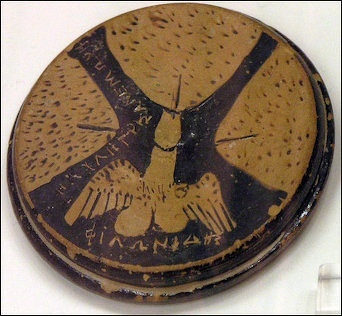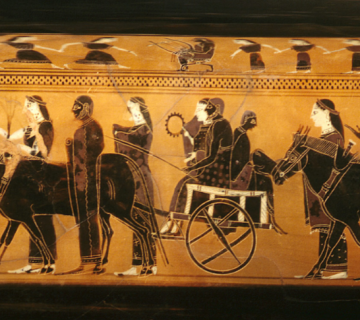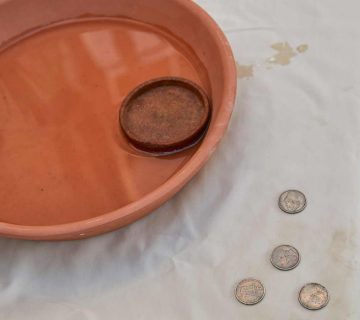Ancient Greek superstitions today
The ancient Greeks, with their rich mythology and complex culture, were deeply influenced by superstitions and beliefs that shaped their daily lives. From omens to rituals, their world was intertwined with the supernatural. In this blog post, we delve into the intriguing realm of ancient Greek superstitions, exploring the beliefs that colored their worldview and influenced their actions.
1. Omens and Signs:
In ancient Greece, interpreting omens and signs was a common practice. From the flight patterns of birds to the appearance of comets, every natural occurrence was believed to carry a message from the gods. For example, the sight of a shooting star was often interpreted as a sign of impending doom, while a clear sunrise promised good fortune.
2. Oracles and Prophecies:
Oracles held significant sway in ancient Greek society. These individuals, often priests or priestesses, were believed to communicate directly with the gods and could foretell the future. The most famous oracle was the Oracle of Delphi, where people sought guidance on matters ranging from personal decisions to matters of state.
3. Taboos and Rituals:
Ancient Greeks adhered to various taboos and rituals to appease the gods and avoid misfortune. For instance, it was considered unlucky to walk under a ladder or to spill salt, while breaking a mirror was believed to bring seven years of bad luck. Rituals such as sacrificing animals or pouring libations were performed to seek divine favor and protection.
4. Superstitions in Daily Life:
Superstitions permeated every aspect of ancient Greek daily life, influencing behavior and decision-making. For example, athletes competing in the Olympic Games would perform rituals to honor the gods and ensure victory, while travelers embarked on journeys only on auspicious days determined by priests.
5. Fear of the Supernatural:
Despite their advanced civilization, the ancient Greeks harbored a deep-seated fear of the supernatural. Stories of vengeful spirits, malevolent witches, and cursed artifacts were woven into their folklore, serving as cautionary tales against disobedience and hubris.
Our conclusion
Ancient Greek superstitions offer a fascinating glimpse into the psyche of one of history’s most influential civilizations. From omens and oracles to taboos and rituals, these beliefs shaped the worldview of the ancient Greeks and influenced their actions in profound ways. While many of these superstitions may seem quaint or irrational to modern sensibilities, they reflect the enduring human quest for meaning and connection to the divine.




